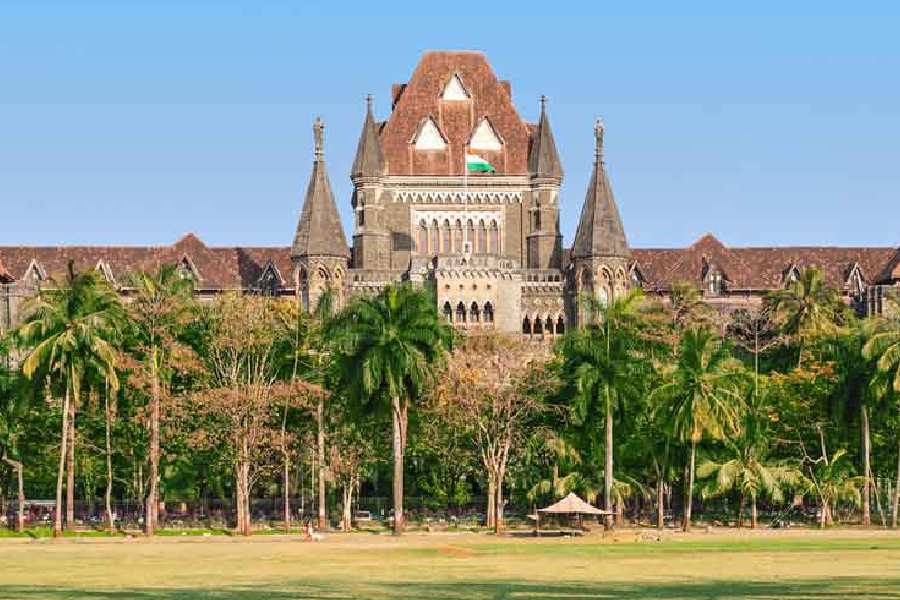Education, which is considered pious in the Indian culture, has now become unaffordable, the Bombay High Court has said noting it is the state's constitutional responsibility to ensure quality education reaches everyone.
A division bench of Justices A S Chandurkar and Jitendra Jain made these observations while refusing to quash decisions taken by the Maharashtra government to grant permission to two organisations to set up educational institutions in Pune.
The HC in its February 21 order said the court is not an expert in education policy matters and state government is the best authority to select the best and mere power to choose cannot be termed as arbitrary.
"Pune is known as the 'Oxford of the East' for decades and it has attracted students not only from India but other countries as well. This has resulted in Pune being a hub of educational institutions," the HC noted.
With the passage of time and due to growth of the city, there has been a huge growth and competition in setting up of colleges and schools not only in the city of Pune but also around its periphery, it said.
"Although education is considered pious in our culture but with change in time it has taken a different colour and has become unaffordable," the HC said.
In such circumstances, it is the state's constitutional responsibility to ensure quality education reaches one and all to achieve growth and development of humanity, it added.
The court dismissed the two petitions, filed by the Jagruti Foundation and the Sanjay Modak Education Society, challenging decisions taken by the state government last year refusing to grant them permission to set up educational institutions in Pune.
The petitioners were refused permission on the ground that they were new in the field with no prior educational institutions set up and their financial position was lower than those granted permission.
The petitioners submitted that singling them out compared to the other institutions on irrelevant considerations/ extraneous consideration is violative of Article 14 of the Constitution.
The bench, however, said a court can intervene only when the decision-making authority breaches the rules of natural justice or abuses its power.
The court in its order said it cannot hold as unreasonable or arbitrary or unfair the state government's refusal to the petitioners as the decision was taken considering all parameters.
"For any education institute to be set up or run, the nature of the land, financial availability, infrastructure, etc are certainly very crucial factors to be considered," the HC said.
The court said the experience of running an educational institution is very important while deciding whether an institute was capable of setting up such new facility.
Except for the headline, this story has not been edited by The Telegraph Online staff and has been published from a syndicated feed.










